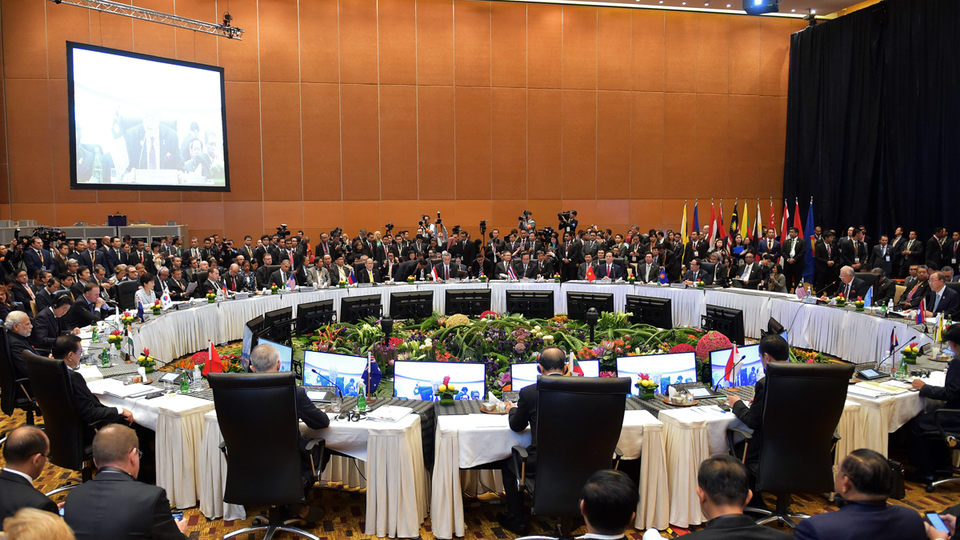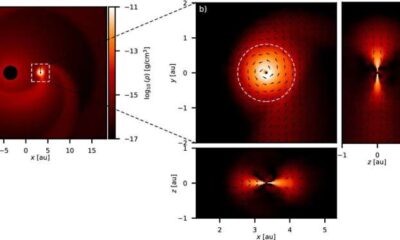World
Human Rights Watch Urges Leaders to Condemn Myanmar’s “Sham Elections”

Human Rights Watch (HRW) has called upon Southeast Asian and global leaders gathering for the ASEAN and East Asia Summits in Kuala Lumpur later this month to firmly oppose Myanmar’s military junta and its planned national elections in December. HRW describes these elections as a “sham” that will only deepen the ongoing repression and violence in the country.
In an open letter addressed to the governments attending the summits, HRW urged member states to refuse recognition of the junta’s elections and increase diplomatic isolation of Myanmar’s military leaders. The organization emphasized the urgent need for humanitarian and refugee assistance, highlighting what it termed one of the worst displacement crises in Asia since the Second World War.
Since seizing power in a coup in February 2021, Myanmar’s military, led by Senior General Min Aung Hlaing, has engaged in a violent campaign to suppress pro-democracy forces and ethnic resistance groups. According to HRW, more than 3.5 million people have been displaced, while millions more are facing acute food insecurity. The organization has documented widespread airstrikes, artillery shelling, and the deliberate targeting of civilians and civilian infrastructure.
HRW’s letter highlighted a troubling new election law enacted on July 30, which criminalizes any protest or criticism of the upcoming elections, with penalties reaching the death sentence. A man was recently sentenced to seven years of hard labor for posting online criticism of the elections, showcasing the repressive environment in which these elections are being conducted.
International humanitarian law, as outlined by the International Criminal Court (ICC), indicates that attacks directed at civilians or humanitarian workers can constitute prosecutable offenses. Although Myanmar is not a State Party to the ICC, the court has previously addressed crimes committed against the Rohingya, especially those involving cross-border conduct with Bangladesh. Legal experts argue that this precedent could be leveraged if the UN Security Council refers the situation in Myanmar to the ICC under Article 13(b) of the Rome Statute.
In light of these developments, HRW has called on ASEAN leaders to “categorically reject” any recognition of the elections as legitimate. The organization referenced statements from UN High Commissioner for Human Rights and UN Special Envoy Julie Bishop, who have warned that elections conducted under the current conditions could exacerbate violence and further destabilize Myanmar.
Former ASEAN foreign ministers have echoed HRW’s concerns, advocating for a “complete strategic reset” regarding Myanmar. They noted that the regional bloc’s current approach has been ineffective. Under ASEAN’s own charter, the organization is committed to strengthening democracy, enhancing good governance, and promoting and protecting human rights. Legal scholars argue that continued engagement with the junta without consequences undermines these commitments and diminishes ASEAN’s credibility as a regional rules-based institution.
The humanitarian situation in Myanmar remains dire. Over four million nationals are currently in Thailand, with nearly half of them being undocumented. Additionally, approximately 180,000 Rohingya refugees in Malaysia face threats of arrest and deportation. HRW has urged ASEAN governments to increase their aid contributions, restore UN funding, and commit to protecting refugees from forced return.
International law imposes clear obligations on states regarding refugees, particularly the principle of non-refoulement, which is codified in Article 33(1) of the 1951 Refugee Convention. This principle prohibits returning individuals to countries where they face persecution, torture, or serious harm. HRW has urged ASEAN members to affirm this principle and cease maritime “pushbacks” of Rohingya asylum seekers intercepted at sea.
HRW also commended Thailand for implementing new regulations that grant registered Myanmar refugees the right to work, a policy it encourages Malaysia and other ASEAN nations to adopt to reduce economic vulnerability and exploitation among refugees.
While ASEAN traditionally adheres to the principle of non-interference, HRW emphasizes that the bloc’s commitment to human rights provides a legal and moral foundation for collective action when a member state’s conduct poses a threat to peace and stability. The upcoming summits present a critical opportunity for leaders to address these pressing issues and take a stand against the worsening crisis in Myanmar.
-

 Science2 months ago
Science2 months agoUniversity of Hawaiʻi at Mānoa Joins $25.6M AI Initiative for Disaster Monitoring
-

 Health2 months ago
Health2 months agoNew Gel Offers Hope for Regrowing Tooth Enamel in Dentistry
-

 Science1 month ago
Science1 month agoALMA Discovers Companion Orbiting Red Giant Star π 1 Gruis
-

 Lifestyle1 month ago
Lifestyle1 month agoPark Jung Min’s Endearing Moment with Hwasa Steals Show at Awards
-

 Science2 months ago
Science2 months agoIROS 2025 to Showcase Cutting-Edge Robotics Innovations in China
-

 Lifestyle2 months ago
Lifestyle2 months agoStone Island’s Logo Worn by Extremists Sparks Brand Dilemma
-

 Lifestyle2 months ago
Lifestyle2 months agoSampson County Celebrates Susie Faison’s 100th Birthday Milestone
-

 Lifestyle2 months ago
Lifestyle2 months agoMary Morgan Jackson Crowned Little Miss National Peanut Festival 2025
-

 Health2 months ago
Health2 months agoStartup Liberate Bio Secures $31 Million for Next-Gen Therapies
-

 Health2 months ago
Health2 months agoTop Hyaluronic Acid Serums for Radiant Skin in 2025
-

 Science2 months ago
Science2 months agoArizona State University Transforms Programming Education Approach
-

 Politics2 months ago
Politics2 months agoJudge Considers Dismissal of Chelsea Housing Case Citing AI Flaws








